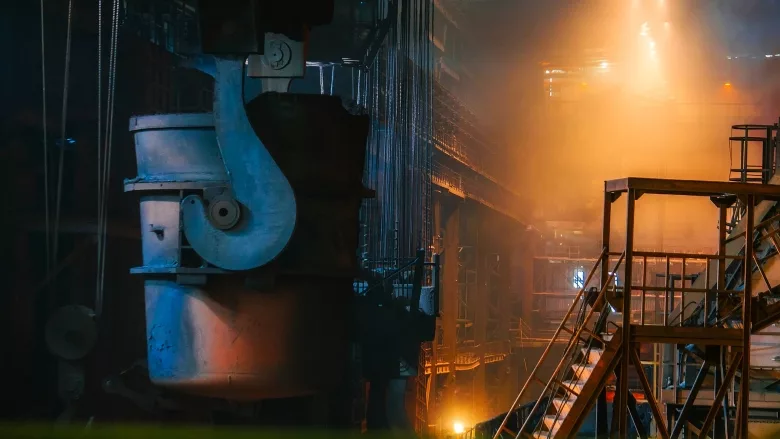Early-warning fire and security system protects manufacturing facility

As one of the leading manufacturers of flexible polyurethane foam in Europe, The Vita Group has a number of production sites, including UAB Vita Baltic International, which operates the largest foam manufacturing plant in the Baltics.
The Lithuania-based manufacturing facility produces foam used in a number of applications, including soft furnishings, mattresses and pillows, orthopedic accessories and sound insulation products.
At its large site in a rural area of the Alytus District Municipality, Vita Baltic International manufactures, stores and distributes large foam blocks. The factory covers the area of more than seven full-size football fields.
Manufacturing security challenges
One safety challenge that Vita Baltic International leadership aimed to address involves the production process necessary to make polyurethane foam. During the production process, chemicals are combined to make the foam, which expands significantly as it is heated to temperatures of up to 160 degrees Celsius.
“The most dangerous part of the process is the 20-hour period after manufacture when the foam blocks are left to cool but remain highly-flammable,” said Rimantas Grašys, Head of the Security Innovation and Technology Division for G4S in Lithuania. “The cubes can feel cold to the touch on the outside, while the temperature is still close to 100 degrees Celsius at the center.”
To reduce the risk of fire, Vita Baltic International installed a fire and security system from G4S that monitors the production line and the foam blocks themselves, using more than 30 thermal imaging cameras in the designated 10 cold store cooling areas post-production.
The thermal cameras help identify foam blocks at risk of self-ignition, so facility safety employees can intervene before a fire breaks out. “The cameras analyze changes in temperatures and generate an alarm if those parameters are exceeded. We can also identify the irregular temperature of a foam block, which can be an early sign it is heating from the inside and we can react before even any smoke appears,” said Edvinas Supranavičius, Sales Manager at Alytus G4S.
Each cooling zone is broken up with special firewalls to reduce the risk of a fire spreading and getting out of control. Hydrogen gas detectors and heat monitoring strips also help fire prevention efforts. If a fire breaks out in one area, it can be isolated. From an onsite control room, security professionals observe the data from a safe distance and can react quickly.
Looking for a reprint of this article?
From high-res PDFs to custom plaques, order your copy today!




